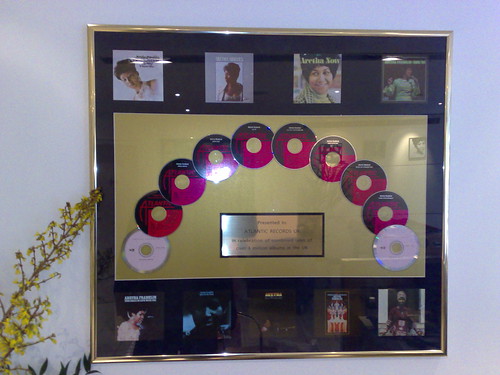Before I share this insight, I want to explain how I met the guy which just validates the uniqueness of SXSW. Otherwise, skip to the subheading below the first image to get to the meat of this post.
At 6pm, I went to my first social event at SXSW, and walked around a pub (“divebar” in America – I’m learning!). I was alone, didn’t know anyone, and so sat down on a couch near the pool tables sipping my beer.
Some dude was sitting there, and we got into conversation. We had absolutely nothing in common – he was a project manager from Virginia, and I was an accountant from Sydney. The conversation was strained, and was injected with occasional remarks where this fairly camp guy was trying to find out if I was gay. When it was clear I wasn’t, he got up to get another drink, and that’s when the man of the hour sat down.
Again – I introduce myself. I’m the accountant from Sydney, but this guy was a product manager at a music company. After realising that he effectively drives strategy in one of the world’s biggest music companies, I couldn’t help myself and started prodding him with questions about the new music model.
And so that’s my story. I randomly came across one of the more influential people in the music industry. I also finally found someone that thinks about the same problems I do, which is how to monetise content. And after I revealed later on I was the vice-chair of the DataPortability Project, I floored him and so ensued hours of conversation where I got to test some of my unpublished thoughts about business models.
The fact this conference is the intersection between interactive, music, and film – is the reason why we know each other and could challenge each other on ideas. Austin is for this week a city with the worlds best minds in New Media. SXSW – we are both thanking you for creating this relationship!
So now to the insight I got, which was before I corrupted his views with what I think!
A view where the music industry is going
The record label model is actually going to work (as I was told). What’s happening is a change, and the crisis the industry has faced is actually a good thing, because its forced them to rethink and renegotiate their value proposition.
Record labels have realised that the value they provide to artists is that of a talent management agency. In fact, an almost complete parallel can be made with the venture capital industry. A new internet startup, like a new musician, is fresh and not able realise their potential. Venture Capitalists discover this talent, and invest in them for a future return. The VC’s will give them money and access to their exclusive networks – and the startup in return, gets to grow in ways they never thought possible.
The record label is now evolving into a similar model. Overnight, they can make a new star by giving them exposure to foreign markets, the capital they need to record music and distribute it to the masses, and all the other costs that are needed to become a big star. In return, rather than deriving 90% of their revenue from CD sales as record labels used to, they instead ask to get a 50% stake in the artist.
I raised this is effectively like slave labour, but when you think about it, a five year contract is completely reasonable given the amount of investment the label puts in. The labels are finding they can generate a lot of money on the merchandise and live concerts sales, as opposed to just the distribution sales. By taking a more diversified revenue mix, and taking more of a partnership approach to an artists career, what we are seeing is a more robust music model.
Will that mean music can now be free? Well this company makes several billion dollars a year on music sales still, of which 75% are due to CD sales (and just the fact they make 25% in digital amazes me in itself). If music going free is the trend, my friend doesn’t see it happening for at least another decade.
And by that time, they’ll be ok. It appears the music industry is experimenting with a new approach to monetising artists based on the “experience” and is more about creating a connection with their fans. It’s still early days, but after our very long chat, I’ve now come to realise the record label isn’t dead – it’s just evolving. And they are well onto that path of a future model that works in this new world.



